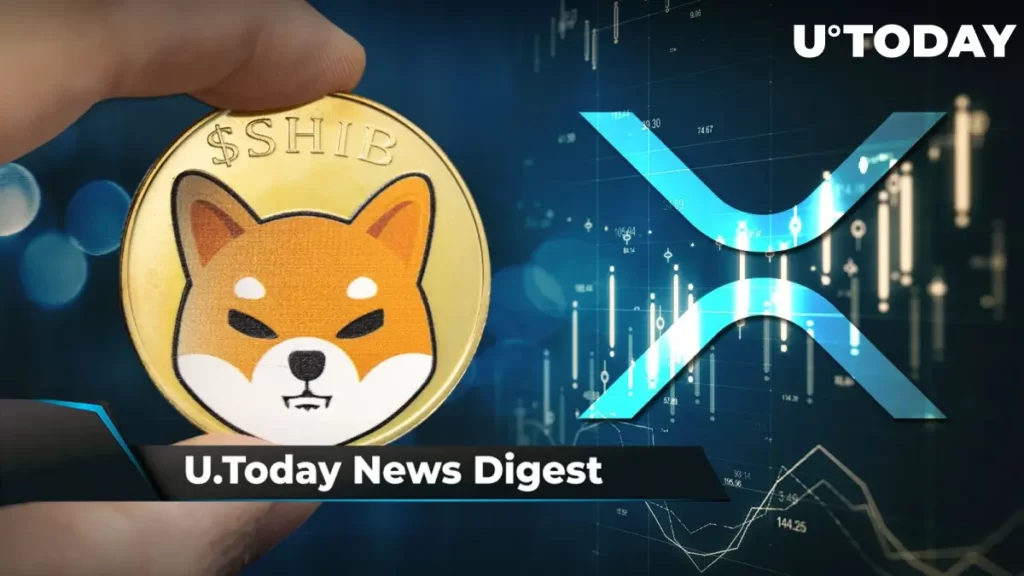Cryptocurrencies are becoming more popular than ever, thanks to the rise of blockchain technology and its potential for revolutionizing economics. However, there are thousands of cryptocurrencies to choose from when investing today. While some tokens are superior to others in terms of security and efficiency, it can be hard to tell which ones provide the most value for the money. The good news is that many cryptocurrencies have unique features—from security measures like multi-signature transactions or private keys; to speed improvements like block sizes and mining algorithms, as well as environmental benefits like using renewable energy sources or lowering carbon footprints. So what exactly makes these coins different? Let’s take a closer look at popular altcoins:
Tether
Table of Contents
Tether is the most generous altcoin regarding transaction fees, as they’re basically zero. Tether is a stablecoin, which means that it is pegged to a fiat currency like the US dollar. Tether users can learn how to buy tether tokens and then use them as an alternative to cash if they need to make international wire transfers across borders. It also has many other uses in crypto, such as providing liquidity for margin trading exchanges or acting as collateral for leveraged trades with some brokers.
Cons of Tether
Because USDT isn’t regulated by any government, its value can fluctuate wildly—sometimes within minutes! Some critics say this cryptocurrency shouldn’t be used because it could potentially undermine confidence in fiat currencies like the dollar and euro if people begin using it instead of these traditional forms of payment. However, there’s no getting around that it can be much easier to transfer USDT internationally than USD or another fiat currency.
Ethereum
Ethereum is a better bet than Bitcoin if you’re interested in using blockchain technology on your own. Ethereum has a much more comprehensive range of applications—it can be used as an alternative to traditional currencies, as well as more flexible contracts and decentralized apps (DApps). The Ethereum network is also more decentralized than Bitcoin’s, which means it will be easier to scale up and keep the network running smoothly. Ethereum is the home of many decentralized finance projects such as dApps, smart contracts, DAOs, and more. This gives the Ethereum blockchain more use cases than other projects.
Cons of Ethereum
Ethereum has been plagued by scalability issues, which have caused transaction fees to rise. Because of this, Ethereum is not currently feasible for mass adoption. In addition to its scalability problems, Ethereum has also been criticized for its lack of privacy. All transactions are registered on the blockchain in a public ledger and can be traced to the participants using pseudonyms or wallet addresses. While this may be acceptable for cryptocurrency enthusiasts who understand blockchain technology, it’s less ideal for people who want their transactions kept private.
Litecoin
Litecoin has a faster block generation rate than Bitcoin. This means that Litecoin can validate transactions more quickly, making it better suited for small payments.
Litecoin has lower transaction costs than Bitcoin. A typical Bitcoin transaction fee may be between $0.30 and $2.50, whereas Litecoin transactions are typically free or less than a dollar in value.
The number of coins in circulation is greater on the Litecoin network than on most other tokens. As a result, there exists more liquidity in terms of trading volume on exchanges than there does for other pairs at any given period because fewer buyers and sellers are participating at once due to its limited supply size relative to LTC/LTCXBT pairs which have virtually unlimited supplies available for purchase.
Cons of Litecoin
Though Litecoin is a valuable token, it is still relatively new and should be watched closely. Litecoin is also not as decentralized as other cryptos because of its smaller network and fewer nodes (nodes are computers running the Litecoin software). It’s not widely accepted by merchants either; while many businesses accept Bitcoin payments, only a few will accept Litecoin payments at this time.
Cardano
Cardano is a good choice for investors who want to buy low and sell high. It’s one of the best altcoins to invest in right now. The Cardano cryptocurrency uses a unique algorithm that encourages more efficient mining practices, which is great for miners and the environment alike. Mining is a process by which new transactions are added to a blockchain network and recorded on blocks (which contain data about transactions). The miner receives a financial reward for their work in the form of cryptocurrency.
Cons of Cardano
Cardano is still in the early stages of development, so it doesn’t have many features other popular coins offer. Because Cardano is only a few years old and was created by a small team with limited resources, there is a slower start-up time for the success of this token. Further, the Cardano team’s goals involve many social impact projects that will help millions when completed but will take many years to accomplish. This makes Cardano a risky but potentially advantageous long-term investment.
Altcoins are a great starting point when investing in the crypto world; there are many popular options to choose from but remember that each token has its pros and cons. You can join a crypto community like FTX that offers resources about each of these altcoins and access to over 300 cryptocurrencies for investors. Start building your crypto portfolio today.



